This interview is part of our interview series, where we curate stories of regular people that decided to design a life they love. (click here to learn more).
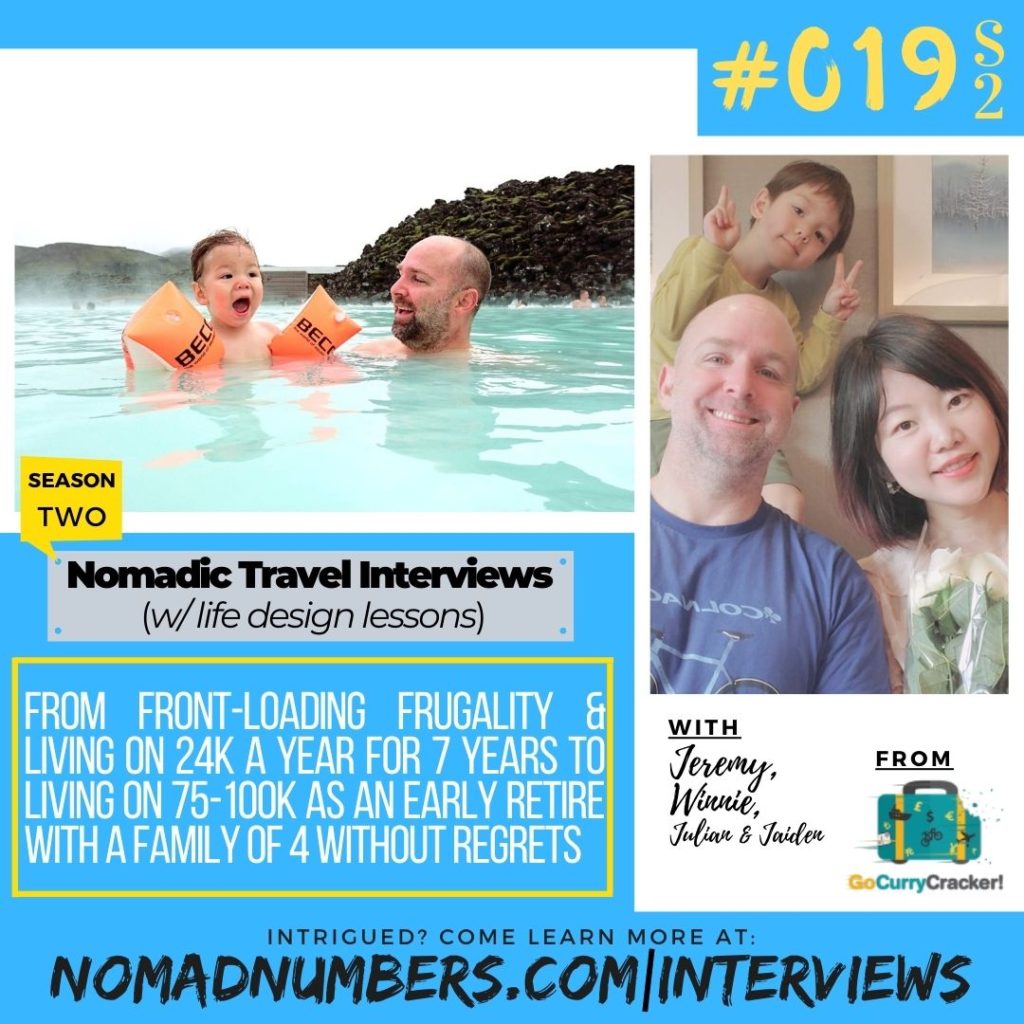
Jeremy from GoCurryCracker.com
Some links to the products mentioned below are affiliate links, meaning that if you click and make a purchase, we (Nomad Numbers) may receive a commission at no additional cost to you. For more information please review our disclaimer page.
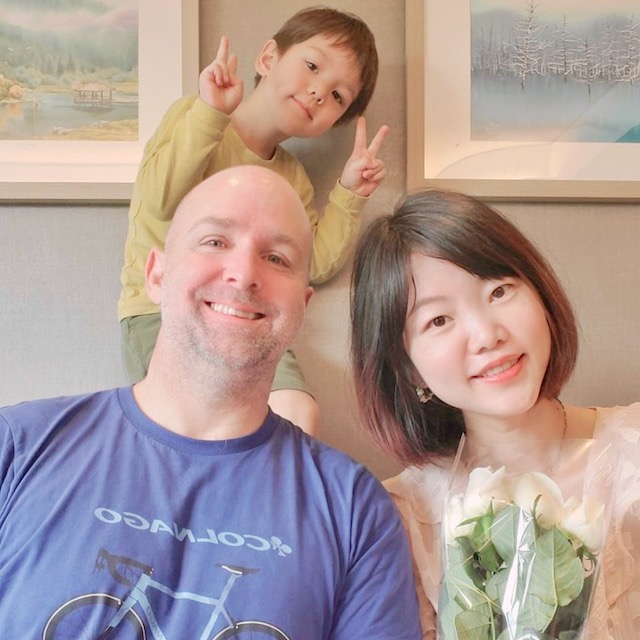
1. Can you introduce yourself?
Jeremy: We are Jeremy, Winnie, Julian, & Jaiden, the family at GoCurryCracker.com – we quit work about 8 years ago to travel the world and have kids. Julian just turned 5 and has been to 42 countries. Jaiden was born in early August 2020.
Life design journey
2. What does a typical day in your life look like for you today? How does it differ from your life before?
Jeremy: I suppose our daily lives look fairly normal just without all of the typical job related stuff – we read, exercise, take naps, prepare and eat meals together… where we differ from the norm is we have done this in multiple countries. With the birth of child #2 (and a global pandemic) we are staying in place (Taiwan) instead of traveling 4-6 months of the year, but our core lifestyle looks the same wherever we are.
Absence of a job means we have an abundance of creative and family time. Swimming, biking, skating, etc… are fun family activities.
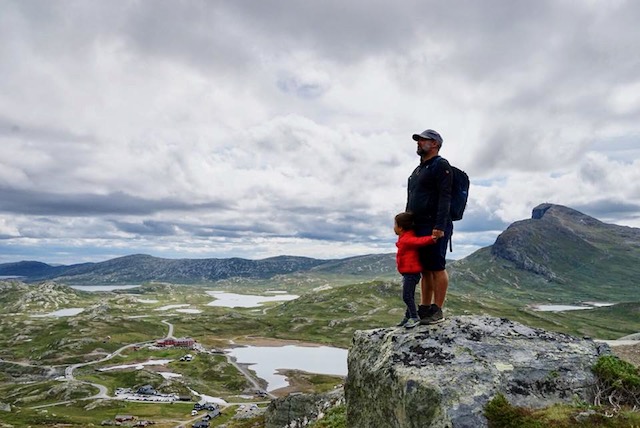
3. What inflection point led you to decide to change your life trajectory?
Jeremy: I spent my first 5-6 years of post-college life paying down massive student loans. Once they were gone, I went on a short holiday – and decided that vacation was way more fun than work. 10 years later we were able to go from 4 weeks of holiday per year to 52.
4. What were some of the limiting beliefs that hold you back initially?
Jeremy: You have to be born rich or start a successful business to be able to retire early. We now know that isn’t true – saving hard for 10+ years is also a good option.
5. What did you do to prepare the transition to this new destination and how did you do it?
Jeremy: We saved 70%+ of after-tax income for 7 years. At that point our dividend income exceeded our modest cost of living so 100% of my work income just went towards more investments.
To save that much we lived somewhat lean – we didn’t have a car and just walked/biked/transit, we made most of our meals at home, and our apartment was unremarkable. We still enjoyed a bit of travel just paid for largely through credit card rewards programs – I wouldn’t call all of this a sacrifice so much – we just lived like students for longer than is socially acceptable.
6. Once on the journey, what were some of the biggest wins you realized? What were the challenges you had to face along the way?
Jeremy: I learned life is way better without a car. Financially, a vehicle is a huge money hole – by contrast my main form of transport for a couple years was a bike I bought on Craigslist for $50. I later sold it for $60.
7. How long did/will it take to reach the destination? Any advice to make the journey as enjoyable as possible?
Jeremy: Saving 10% of income it takes 45 years, a normal career/life. Saving 50% of income and you can be financially independent in as little as 15 years.
8. What did the people around you (friends/family/colleagues…) think of your plan to take on this new life?
Jeremy: I told my Mom we had a 60-year emergency fund and were going to go traveling for a few years/decades. “OK, you kids have fun!”
Cost of living

9. How much yearly expense did you have before and after this change in lifestyle?
Jeremy: During our heavy saving years we were spending <$24k/year. This was in Seattle. Now we spend between $75k – $100k/year, which buys a $210,000/year employee lifestyle.
We can do this now because we didn’t do it then.
We don’t really track our spending closely anymore so this is a rough estimation of our yearly spending in our current lifestyle
| Category | Description | Cost per person and per month |
|---|---|---|
| Accommodation | Anything you pay toward keeping a roof over your head (ie. rent, internet, water, utilities…) | $2700 |
| Food – dining out and home | Anything related to the groceries you get to cook at home | $1500 (for 3 people) |
| Activities / Entertainment | Anything you pay related to ‘fun money’ (ie. park fees, outdoor activity, AirBnB experience…) | Unknown |
| Health Care | Any cost related to treatment you are receiving on a given location. | $75 + baby expenses (childbirth is $1k cash) |
| Local Transportation | Anything related to transportation within the boundary of the location you are staying at. | $100 (Uber, bikes, public transit) |
| International Transportation | Anything related to transportation to go from one location to another. | $1000 (but often free) |
| Living expenses | Anything else that you are spending money on to live in a specific location that can’t fit anywhere else (ie. Haircut, Netflix, cell phone…) | $1300 (utilities, kid activities, entertainment, clothes, misc) |
| Taxes | $0 | |
| Monthly total | ~6.7K | |
| Yearly total | ~$80k |
10. What strategies have you used to reduce your expenses? And what strategies have you used to fund your lifestyle?
Jeremy: Our main strategy was to front-load frugality – by living lean for years we were able to build a sizable investment portfolio that generates more income than we care to spend. We have the luxury of not needing to reduce expenses.
We also live outside the US – which means health insurance and health care prices are sane and reasonable. We pay $25/month/person for health insurance with a ~$0 deductible. Care is great, cheap, and efficient. Why pay big bucks for crappy insurance when you don’t have to?
Our tax bill is also about $0. When you make $100k/year from investments it is easy to have a 0% tax rate, so we have that going for us, which is nice.
Lessons, tips & advices
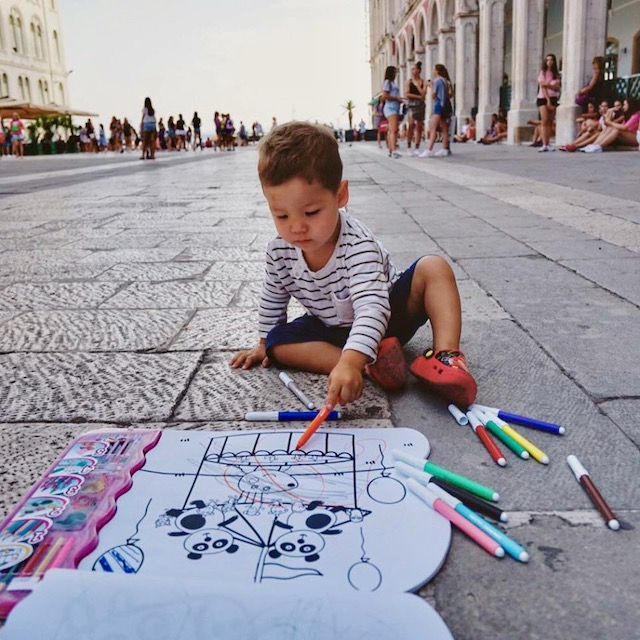
11. If you had to do it again, what would you do differently?
Jeremy: I think I would have quit working 2-3 years earlier.
12. What advice do you have for others who are considering going through a life design exercise?
Jeremy: Start by centering life around a bicycle instead of a car. Everything else follows from there.
13. What is one resource (blog, podcast, book beside your own) you recommend for those that want to design their own life?
Jeremy: I enjoyed The 4 Hour Workweek – not because it has good answers, but because it requires you ask different questions.
Looking ahead

14. What is next for you?
Jeremy: We will be here in Taiwan until child #2 is speaking Chinese fluently – then we aren’t completely sure, probably settling into normal life during the school year in the US with extended summer travel. But maybe based in Europe. Or Taiwan. We will do what seems best for the 4 of us.
Thank you so much Jeremy for sharing your transformational life design journey with us. It is quite inspiring to see that by front-loading frugality you have been able to still enjoy the journey and cut it down to less than 10 years and are now totally living an abundant life with a family of 4! Mrs. NN and I are wishing you plenty of quality time with your latest addition to the family and we hope to have more opportunities to say Hi now that we have become Taiwanese residents and plan on sticking in Taipei for 2021 and maybe beyond since we have really found a nice paradise on this island!
Rapid-fire questions
We like ending every interview asking some fun rapid-fire questions to our guests
| What is your superpower & why? | Tax minimization – For more read: 7 Years of Early Retirement Tax Optimization |
| What is your favorite travel destination & why? | Wherever we are currently – live in the moment. |
| What’s something you can never live without? | Naps. |
| What’s the best piece of advice you’ve received? | “Invert, always invert: Turn a situation or problem upside down. Look at it backward.” – Charlie Munger |
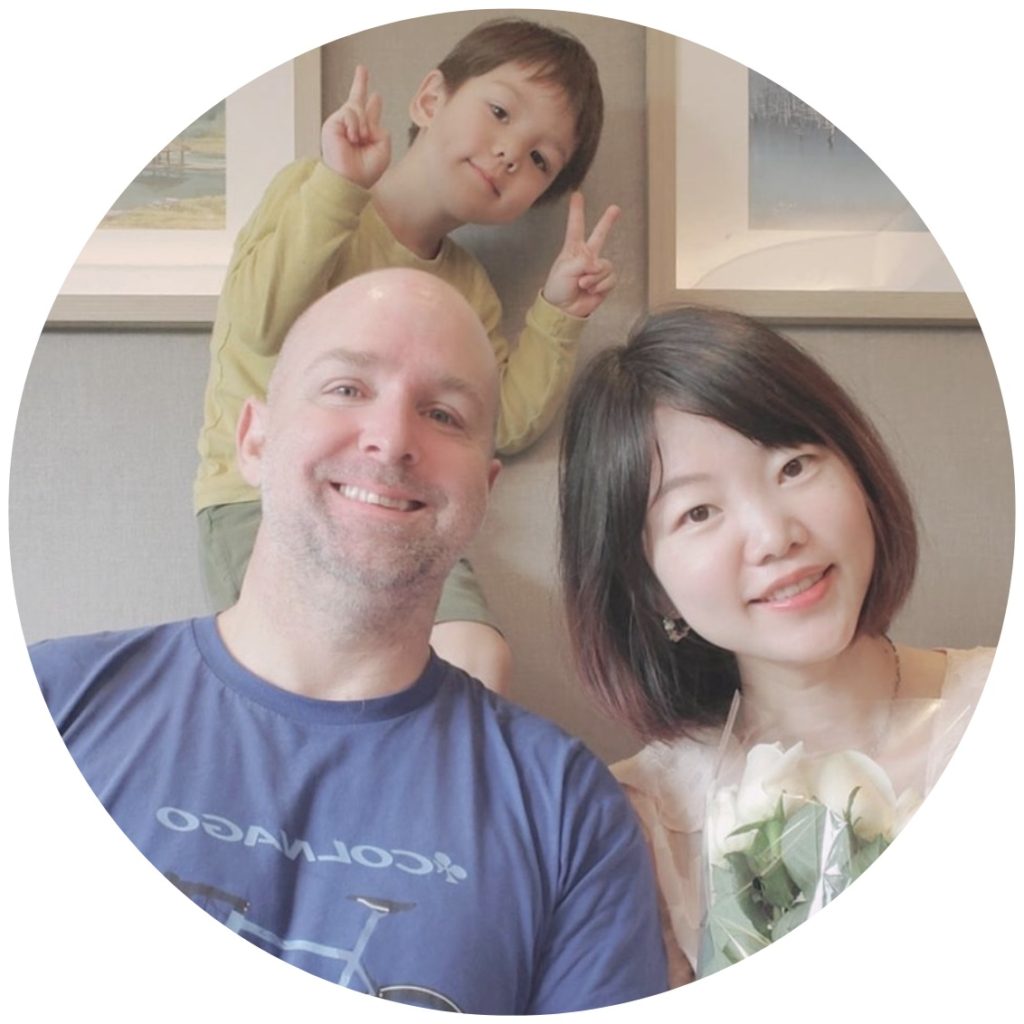
If you want to know more about Jeremy, you can find him on the following platforms:
- Blog: Go Curry Cracker
- Facebook: Go Curry Cracker
- Instagram: Go Curry Cracker
Also, don’t forget to check out these posts from Jeremy’s blog that are very relevant to this interview:
- About the GoCurryCracker family
- What a typical day in the life of Jeremy looks like
- The GCC Accumulation Phase Expenses
- Cost of living
- On Jeremy’s strategy to front-load frugality
- Jeremy’s take on lifestyle Design
Our Bottom Line
Here are the main lessons we took away from this interview with Jeremy:
- Lesson 1 – “Our main strategy was to front-load frugality […] By living lean for years we were able to build a sizable investment portfolio that generates more income than we care to spend.” – Jeremy did not care about following the societal script and was fine to be “living like students for longer than is socially acceptable”. This turbocharged his ability to save to 70% from the beginning which led him and his wife to become financially independent in just 7 years. By making smart decisions (like no buying a car!) and still find ways to travel for very little (thanks to credit card rewards programs), they front-loaded frugality in the early years so they can now live a more comfortable life.
- Lesson 2 – “Absence of a job means we have an abundance of creative and family time” – By having made work optional Jeremy can now focus on living in the present moment and spending time with his family. Something he is still wondering how people that have busy & often very stressful jobs can even afford these days!
- Lesson 3 – Limiting belief: “You have to be born rich or start a successful business to be able to retire early” – By graduating out of college with student debt, Jeremy wasn’t as lucky as I was by graduating debt free thanks for the free education I got from France. Nevertheless, he still manages to aggressively pay down his debt and follows a different script that most people graduating college (still to this day) follow to gain his financial freedom and enjoy an abundant life for many years to come!
Sometimes we need to hear about others making unconventional decisions before we can have the confidence to make our own. If you have (or are on a path to) an unconventional journey to improve your life that has a nomadic component to it and is interested to share it, please reach out to us as we would love to consider your story for our blog.
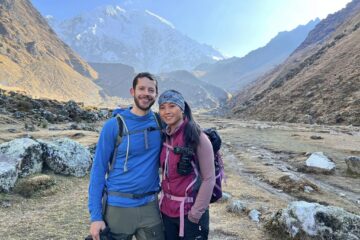
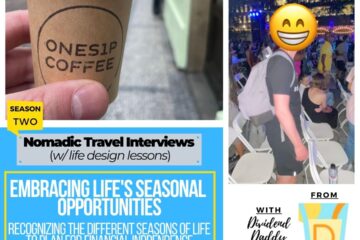
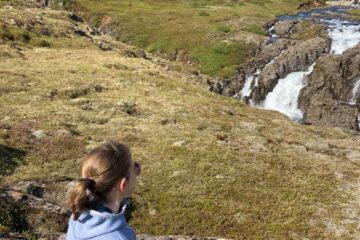
2 Comments
Kenneth James McCoy · October 20, 2020 at 2:36 am
This was a great interview, thank you for sharing this!
Michelle C · October 20, 2020 at 9:33 pm
Wonderful interviews as always! This was so informative and inspiring. I love the concrete numbers especially. Thanks for linking to so many other helpful posts and articles too 🙂